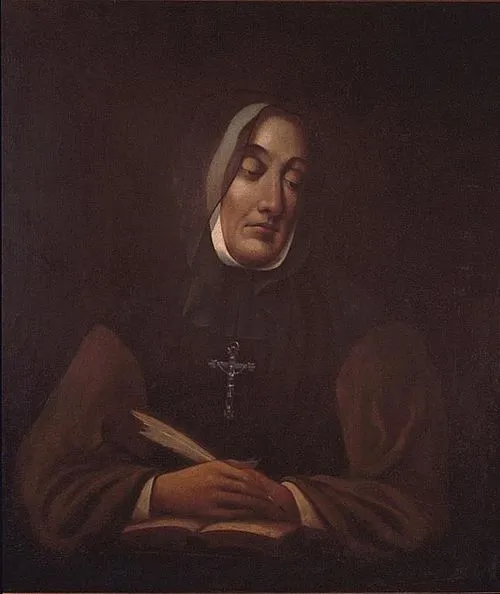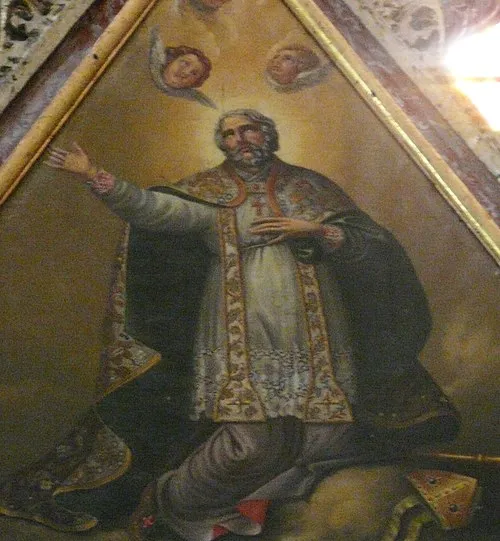
Marie-Marguerite d'Youville: A Pioneer of Compassion and Community Care
Born on October 15, 1701, in Varennes, Quebec, Marie-Marguerite d'Youville is celebrated as one of Canada’s most revered figures in the realm of philanthropy and social service. As the founder of the Grey Nuns, her dedication to the impoverished and the sick marked a significant turning point in healthcare and social welfare in the 18th century.
Early Life and Challenges
Marie-Marguerite was born into a family of modest means. Her father, a farmer, and her mother, a homemaker, instilled in her strong values of faith and service. At the young age of 21, she married Claude d'Youville, a prosperous merchant. However, their marriage was challenging; her husband struggled with alcoholism and lost most of their fortunes, leaving Marie-Marguerite to navigate life’s hardships alone.
Founding the Grey Nuns
After the death of her husband in 1730, Marie-Marguerite was left with three young sons to raise. She found her purpose in helping the poor, particularly those who were sick or in desperate need. In 1737, driven by her strong faith and commitment to service, she founded the Congregation of Sisters of Charity, later known as the Grey Nuns. This religious order was aimed at providing care for the poor and sick, regardless of their background or faith.
Dedication to Service
Under her leadership, the Grey Nuns expanded their mission beyond the confines of Quebec. They opened hospitals, shelters, and orphanages, focusing particularly on the marginalized. One of their notable achievements includes establishing the first hospital for the poor in Montreal, which operated as a sanctuary for those who otherwise had nowhere to turn.
Marie-Marguerite’s vision of universal healthcare was revolutionary in an era where charity was often selective. Her commitment fostered a deep sense of community and belonging, laying the groundwork for future social welfare programs in Canada.
Legacy and Canonization
Marie-Marguerite d'Youville was a pioneer who demonstrated that compassion can initiate systemic change. Her commitment to serving the marginalized and vulnerable left an indelible mark on Canadian culture. In recognition of her humanitarian work, she was beatified by Pope John Paul II in 1959 and later canonized on December 9, 1990. Today, she is venerated as the patron saint of the poor and the marginalized, inspiring countless individuals and communities across Canada and beyond.
Continuing Impact
The Grey Nuns continue to be active in various forms of social service, healthcare, and education, maintaining d'Youville’s vision of assistance and compassion. Modern institutions still reflect her influence, emphasizing the values of empathy, charity, and community support.
Marie-Marguerite d'Youville's story is a powerful reminder of the impact one individual can have through dedicated service and unwavering faith. Her life and legacy continue to inspire those who seek to make a difference in their communities.
Conclusion
Marie-Marguerite d'Youville's life exemplifies the essence of compassion and community care. Through her unwavering dedication, she not only transformed the lives of many but also paved the way for future generations to continue her work. Her legacy of service transcends time and remains a beacon of hope and inspiration for all who strive to serve humanity.






